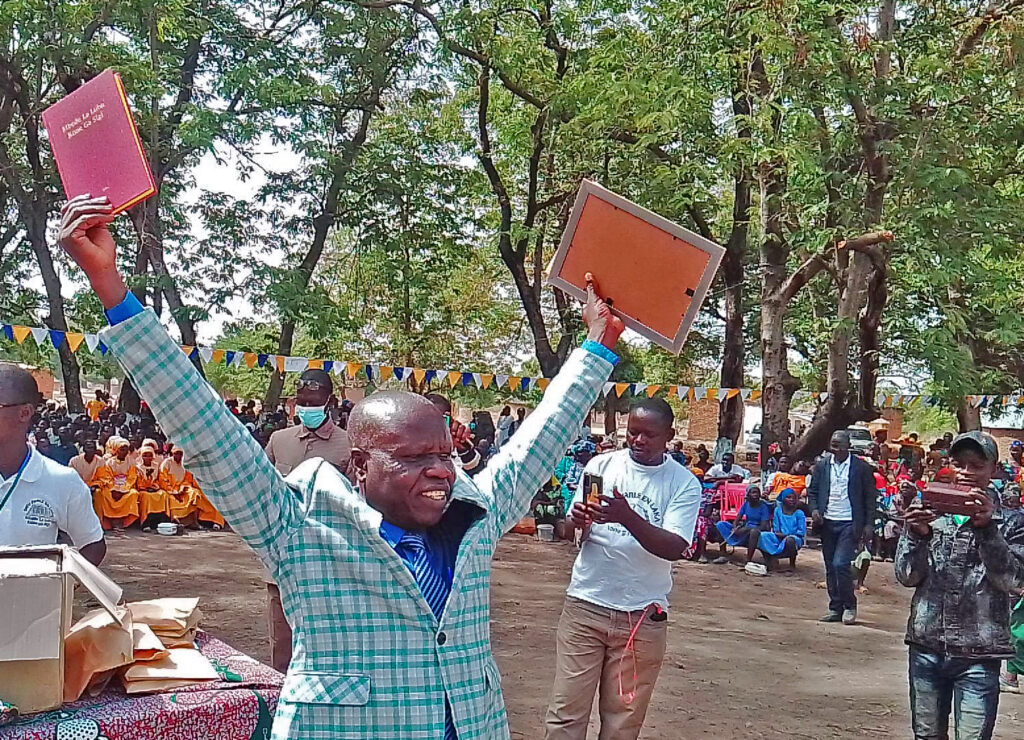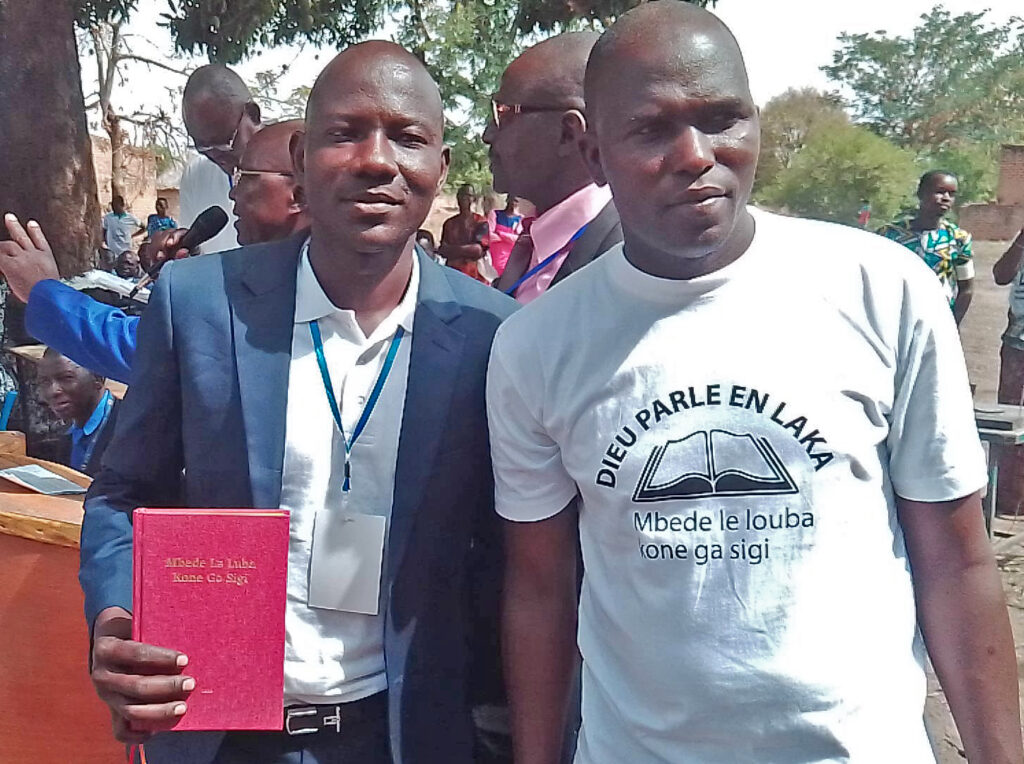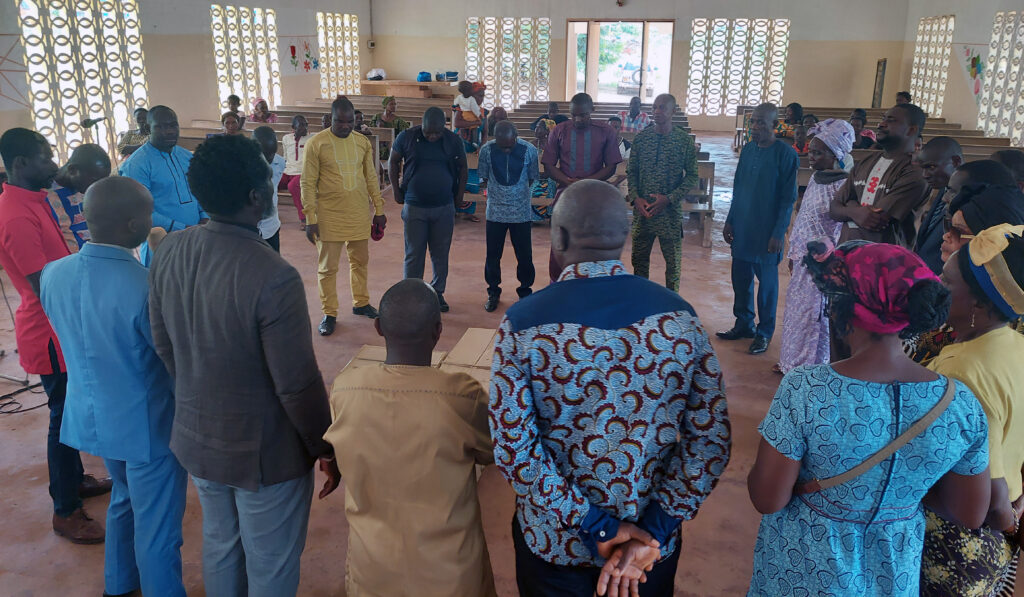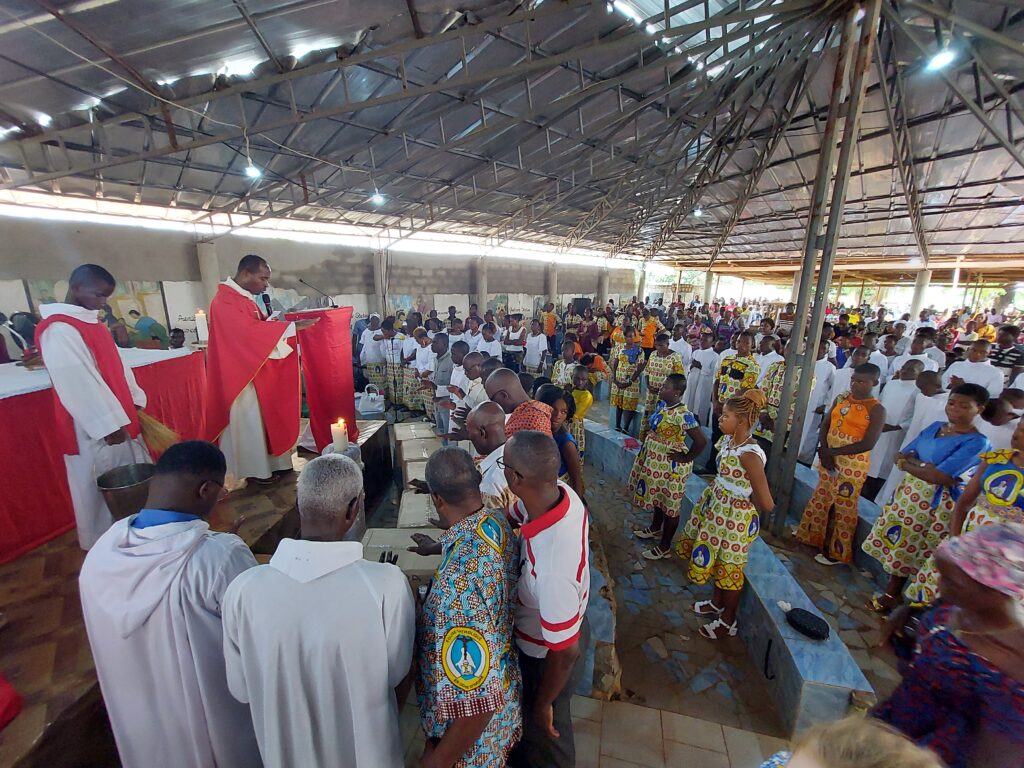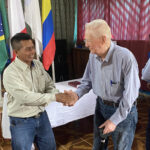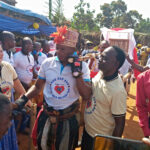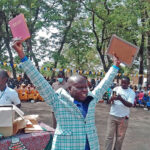Travel by Ox Cart
When it rains in parts of Chad in north-central Africa, the dirt roads become rivers.
A translation team returning from inviting a church to participate in an Old Testament translation project had to cross flooded areas by ox cart.
A literacy trainer with another team had to wade between his home and the literacy center in ankle-deep water.
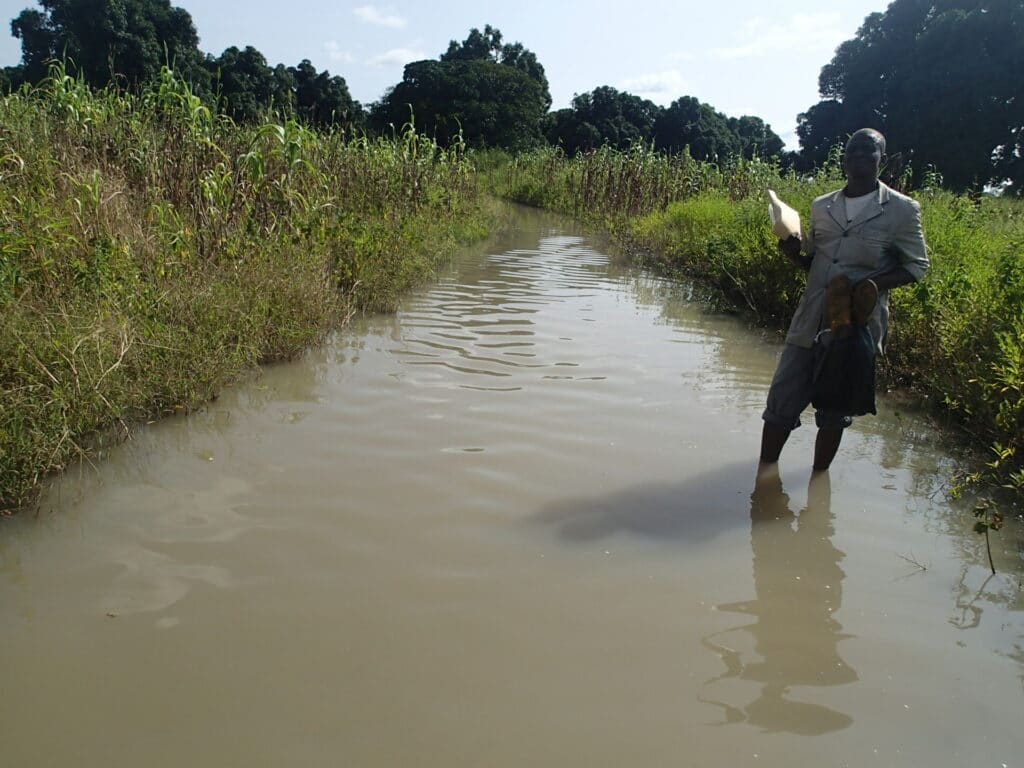
These teams serve with ATALTRAB* in Moundou, Chad, the hub for four Bible translations, six literacy projects, and three oral Bible translations. The closest project is 62 miles away, and the farthest is 186.
Because the association oversees so many projects in various areas, the staff must travel frequently to evaluate the projects, test the translated Scriptures with the communities, reach out to church leaders to share the vision of Bible translation, and encourage local churches to contribute spiritually, materially and financially to this vital work.
In Chad, many evils threaten Chadian communities, including violent religious extremism, harmful traditional practices, illiteracy, and extreme socio-economic, moral and spiritual poverty. ATALTRAB’s administrative teams need to be able to reach out to church leaders to share how Bible translation is the most effective way to fight these evils.
But it’s not easy reaching these churches! Most of Chad is varied: broad, arid plains, desert, and mountains. Its rainy season from June to October is characterized by sporadic, heavy rains.
The roads out to the villages are dirt or clay and are often flooded during the rainy season. When traveling from the town of BoumKabir to the area around Lake Iro, the teams use the tracks of oxen for a few months.
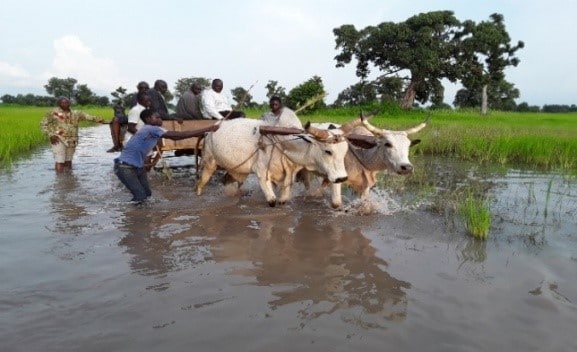
During the rest of the year, the people use speedboats to cross Lake Iro. Then they join the dirt road at a village and use motorcycles to reach other villages, provided that it hasn’t rained.
In the dry season, when winds blow off the desert and can envelop an entire town in dust, the roads are sandy or eroded. In some villages, no matter the time of year, the tracks are too narrow for cars and are used exclusively by bicycles and motorcycles.
Public transportation isn’t a good option, as the vehicles are often worn out, overloaded or poorly maintained, or they break down frequently. In some areas, passengers who miss a bus must wait until the next week to travel.
This is why ATALTRAB has asked JAARS for a vehicle and 10 motorcycles. The association wants to ensure that it can finish its Bible translation projects efficiently and quickly.
In 2020, ATALTRAB organized three events—in Moundou-in the capital, N’Djamena, and in Doba. The events drew a total of 55 leaders from partner churches to discuss the role of the Church in God’s mission, reflections on the challenges of Bible translation, and the opportunities available to the Church to meet these challenges. In 2021, the association organized three other events, in which 49 leaders participated. And in January 2022, a seventh event brought together 21 more leaders from different churches to share and discuss the issues, challenges and opportunities of Bible translation.
Imagine the progress they could make in spreading the gospel with a reliable vehicle and motorcycles!
Your gifts to JAARS Land Transportation Solutions enable Chadians and other people in Africa to interact with God’s transforming Word!
*The Chadian Association for Literacy, Linguistics and Translation of the Bible



























































